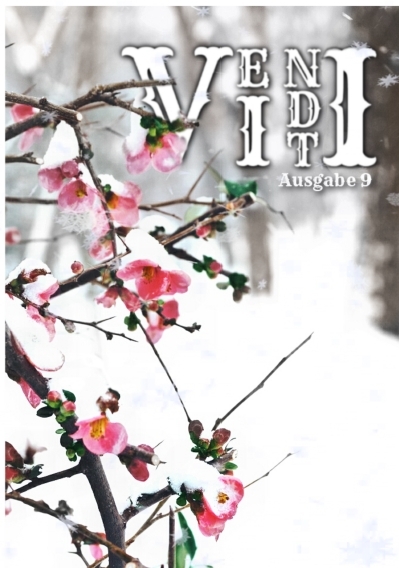
What have I got to do to make you
love me
What have I got to do to make you care
What do I do when lightning strikes me
And I wake to find that you're not there?
What have I got to do to make you
want me
What have I got to do to be heard
What do I say when it's all over?
And sorry seems to be the hardest word
It's sad, so sad (so sad)
It's a sad, sad situation
And it's getting more and more absurd
It's sad, so sad (so sad)
Why can't we talk it over?
Oh it seems to me
That sorry seems to be the hardest word
It's sad, so sad (so sad)
It's a sad, sad situation
And it's getting more and more absurd
It's sad, so sad (so sad)
Why can't we talk it over?
Oh it seems to me
That sorry seems to be the hardest word
What have I do to make you love
me, oh
What have I got to do to be heard
What do I do when lightning strikes me
What have I got to do?
What have I got to do?
When sorry seems to be the hardest word

|
Ich
interessiere mich für sehr unterschiedliche Dinge: oder
mit anderen Worten: Literarische Wirkungsabsicht und rhetorische Tradition [Handlungshemmung] im 18. Jahrhundert Eine germanistische Hauptseminar-Arbeit über das 18. Jahrhundert. Auch wenn es einige Vorkenntnisse voraussetzt, kann man dieser Arbeit manches Interessante entnehmen, z. B. das Cool-Sein schon im 18. Jahrhundert. - Es folgt hier ein einführender Text, der die Verwendung dieser Arbeit erleichtern soll. Vieles Denken und Fühlen, was wir so als einmalig und normal und gegeben hinnehmen - hat sich entwickelt und das vor allem in diesem 18. Jahrhundert! V 19 |
Haftungsausschluss:
Ich übernehme keine Haftung für die Inhalte externer Links.